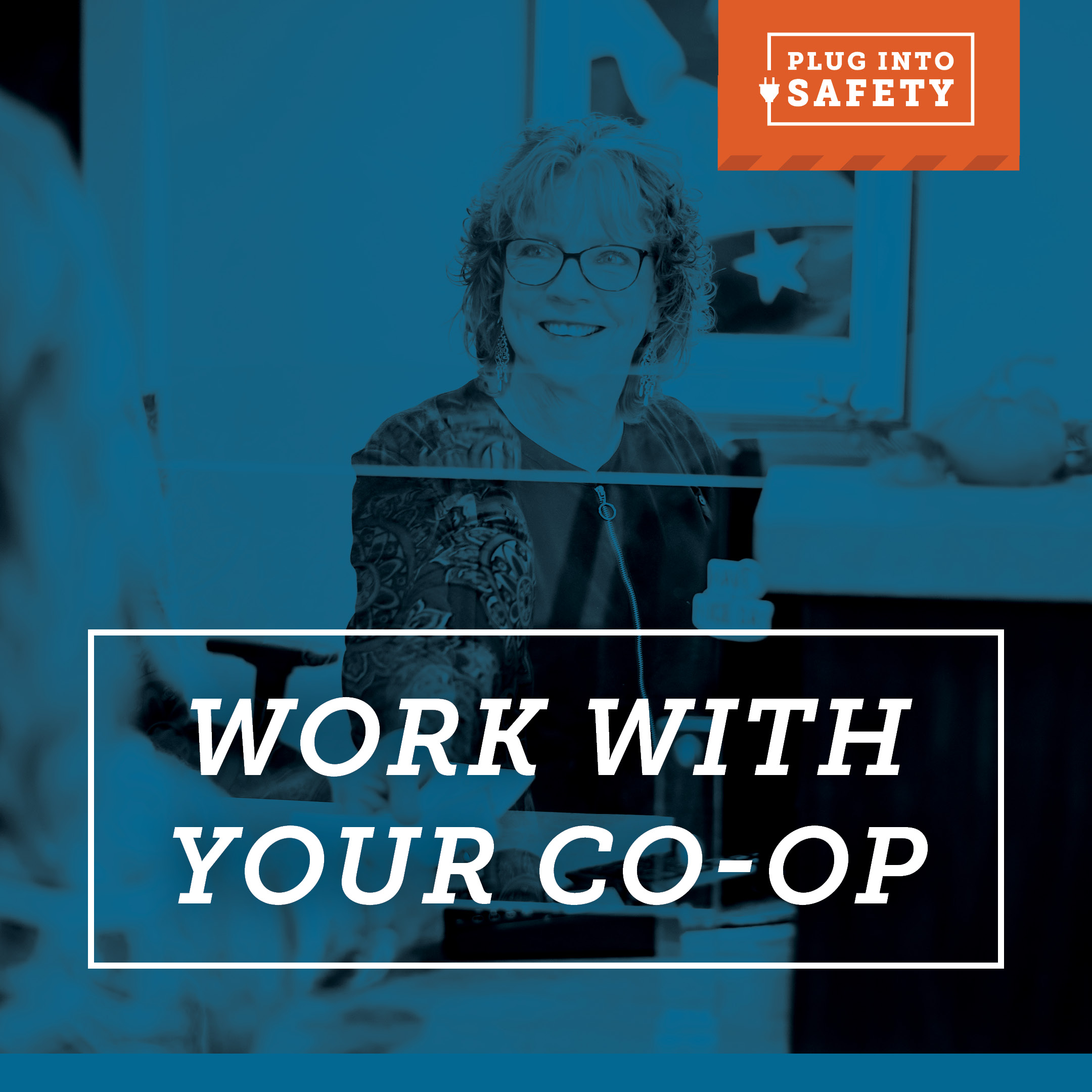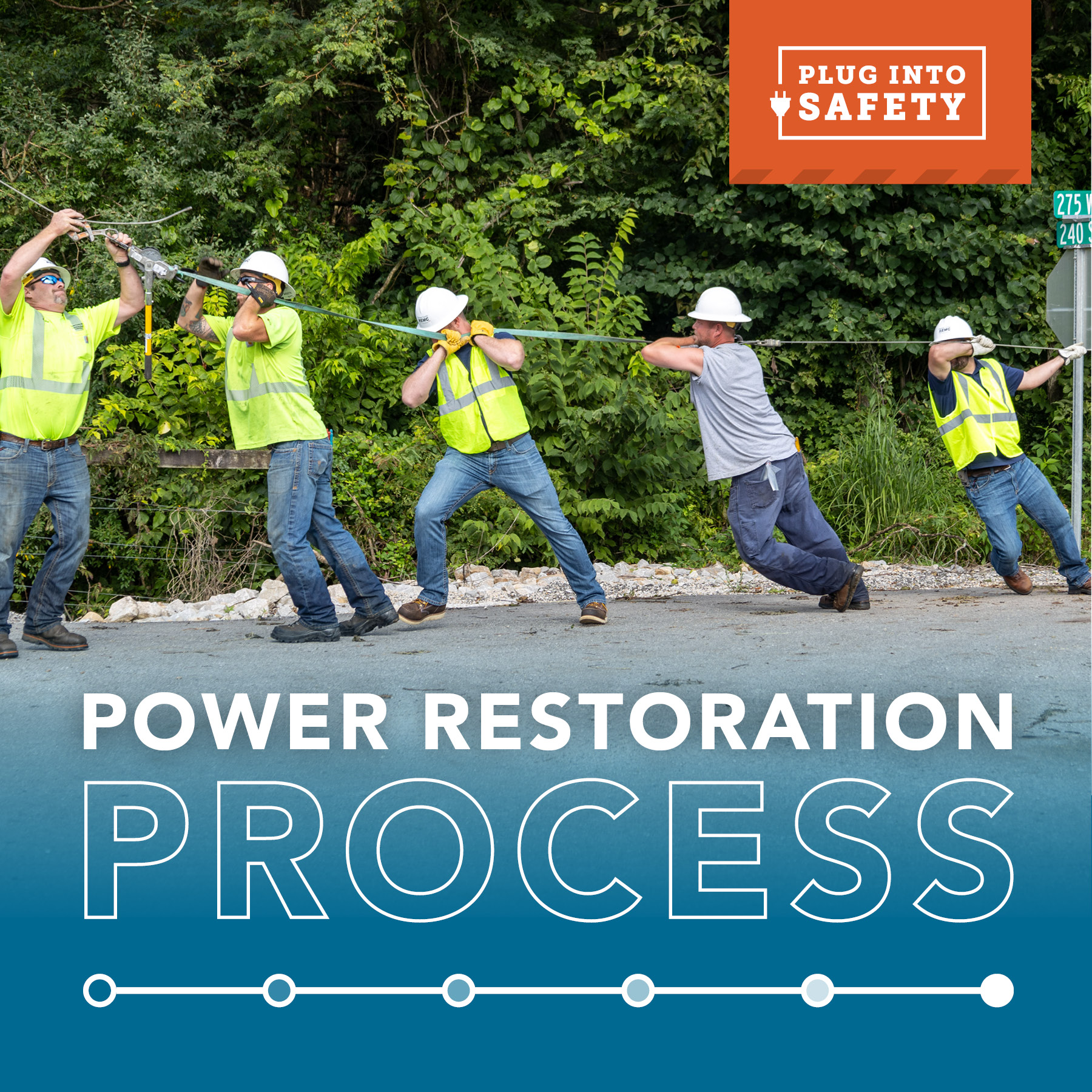When Indiana’s temperatures get really cold, water pipes in your home can freeze and burst. Besides creating a mess, busted pipes can also create hazards involving electricity, advises Rick Coons, CEO at Indiana Electric Cooperatives.
“Water and electricity just don’t mix,” cautions Coons. “But if you use electricity properly, it can help you avoid problems with busted pipes. That’s important, because even a small crack in a water pipe can release as much as 250 gallons per day.”
“A busted pipe does more than create a mess,” Coons adds. “If that water comes in contact with electricity, it creates a risk for electrocution. If there are live outlets and power cords in a room that has flooded, anyone who comes in contact with the water is at risk for electrocution. The water may be clean, but it’s not safe to wade through it.” The danger doesn’t end when the water goes back down either. “Water can do serious damage to wiring and electrical components. After being flooded, they may no longer be safe to use.”
Pipes most likely to freeze and burst are those located in outside walls behind sinks, pipes serving exterior faucets, and those running through unheated crawlspaces.
You can take some simple steps to keep pipes from freezing. Indiana Electric Cooperatives offers these suggestions:
- Wrap foam insulation or a blanket around the exposed pipe to reduce its exposure to cold air.
- If you have access to an electrical outlet, wrap the pipe with UL-approved heat tape or heat cables. Many of these devices are equipped with thermostats, so they run only when needed.
- In dry spaces where heat buildup won’t present a danger, you can point a heated reflector lamp at the pipe. Make sure the lamp is not close to any flammable materials.
- If there are no electrical outlets, you can also open the faucet to allow a slow drip. Moving water is less likely to freeze. The small amount of water you use will cost a lot less than a repair bill for a burst pipe.
If a pipe has burst, Coons urges you to approach it very carefully. “You want to be sure the water doesn’t come into contact with any electrical circuits. In addition, if the water has soaked your furnace or other appliances, don’t use them until a professional electrician has verified that they are safe to use.”
SOURCES: About.com, NC Cooperative Extension, WikiHow, Yahoo voices.





